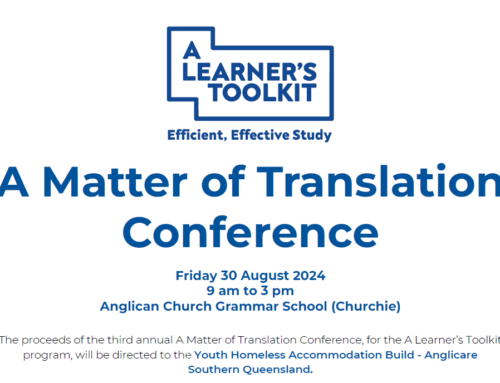The Churchie Research Centre is proud to share the first evaluation of the preparatory A Learner’s Toolkit learner behaviours and study strategies program. The open-access article in the BERA Review of Education unpacked the impact, barriers and challenges of a preparatory study strategy training and instruction methodology in the secondary years setting. Click here to access the article.
The rationale for this study
Rather than take the accustomed knowledge-orientated bolt-on study interventions typical of the university setting, this study evaluated the efficacy of the early preparatory and applied instructional training interventions on secondary school-age students.
Key Findings across both contexts were:
- Teaching students about strategies informed by the science of learning are insufficient to enact scalable change.
- Significant changes in student learner behaviours and study strategies ensued when embedded into their immediate assessment and curricula (the current Year 7-10 ALT subject).
- Students who continued (no matter the exposure to better alternatives) with the low-utility triad of cramming, re-reading and rewriting notes results and beliefs about themselves as learners (i.e. self-efficacy, motivation, control of the learner beliefs) stagnated or declined over time.
- Correlation found with those whose GPA’s improved (from the previous semester/s) with an increased number and utility of study strategies and higher assessment self-efficacy, control of learner beliefs and task value and reduction of test anxiety
Implications for researchers, policymakers and practitioners
The study is relevant to school leaders, teachers and researchers focused on unpacking the translation of the science of learning theory into the classroom setting. It highlights how the nature of the translation through various training approaches can mediate the efficacy and uptake of the science of learning theory into practice by both teachers and students.




